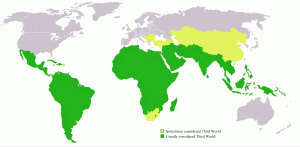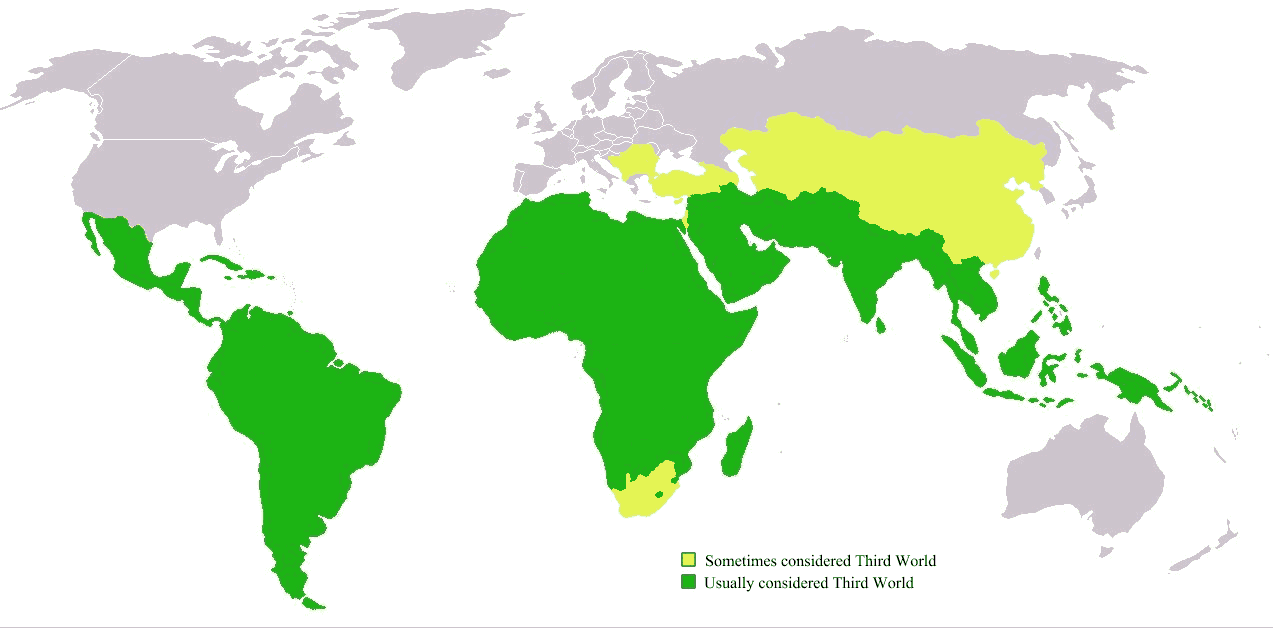 Education is the key to ending the cycle of reliance on aid in poorer nations: this was the premise behind the partnership proposal made to UFV on Wednesday, January 19 by the Montreal-based organization known as Academics for Higher Education and Development (AHED). This Non-governmental Organization, which is involved in the creation and sustainability of university-level education in developing countries, is already affiliated with several other Canadian universities, including the University of Montreal, McGill University, and the University of British Columbia. The proposal does not require a financial commitment from UFV, but instead seeks a partnership offering opportunities for faculty – and potentially students – to participate in development projects overseas.
Education is the key to ending the cycle of reliance on aid in poorer nations: this was the premise behind the partnership proposal made to UFV on Wednesday, January 19 by the Montreal-based organization known as Academics for Higher Education and Development (AHED). This Non-governmental Organization, which is involved in the creation and sustainability of university-level education in developing countries, is already affiliated with several other Canadian universities, including the University of Montreal, McGill University, and the University of British Columbia. The proposal does not require a financial commitment from UFV, but instead seeks a partnership offering opportunities for faculty – and potentially students – to participate in development projects overseas.
The proposal was presented by Nancy More, chair of AHED’s Board of Directors. She described AHED as an organization “trying to think one step ahead,” and trying to “break the cycle of aid” that so often characterizes the western relationship with developing nations. According to More, her organization’s solution is to help these nations build systems of higher education capable of training professionals in careers critical to national development. “Say we need a hospital,” More explained, “but do we have the doctors to staff it, the engineers to build it?” AHED meets this need by sending highly trained university personnel from the west to work with local universities to develop programs capable of training the required personnel within the country.
According to their website, the mission of AHED is tied to the United Nations Millennium Declaration, specifically to its goal “to improve levels of human development throughout the developing world, including improved nutrition, universal primary education, gender equity, health, and the environment.” The organization is involved in a number of projects to pursue this mission, including several in the African country of Liberia.
AHED is helping to rebuild the capabilities of the University of Liberia, which was almost destroyed during the civil war. More explained that, before the war, the university had 1400 faculty, but is now down to 370 and lacks any full-time Math, English, or Political Science professors. She emphasized its desperate state by showing a photo of the three bookcases which make up the entirety of the university library. AHED’s involvement with the university includes the formulation of a five-year plan for its continued recovery and development, an assessment of its IT needs, and a science workshop to instruct Liberian lab faculty in demonstration experiments without lab equipment.
According to More, AHED only sponsors projects which are at least partially funded by host institutions, and even then the project must conform to very specific guidelines. “We’re not going to fund people to go down and build orphanages,” More warned, instead explaining that AHED operatives are generally university faculty chosen for their specific skill-set. All of the organization’s operatives are also volunteers, which gives AHED the efficiency to ensure that most of its funds go directly to the project, rather than to intermediate costs.
In the future, AHED is preparing to help implement basic science medical curriculum in the Patan Academy of Health Sciences in Nepal and create a Co-op program for training nutritionists in Ethiopia. All those interested in donating to the organization or getting further information on these projects can visit the AHED’s website at: http://www.ahed-upesed.org/


